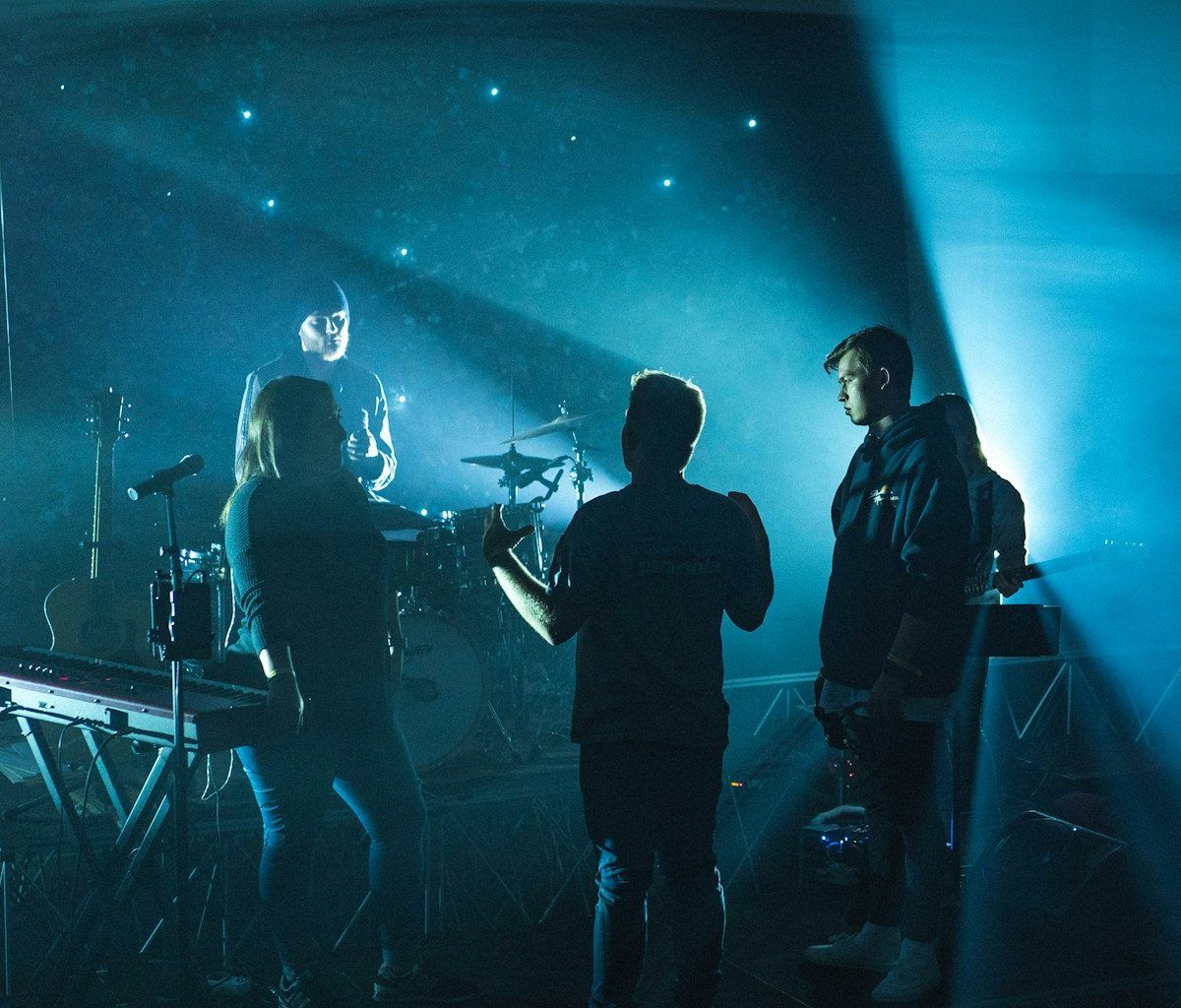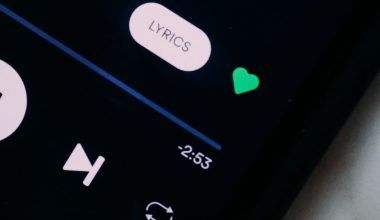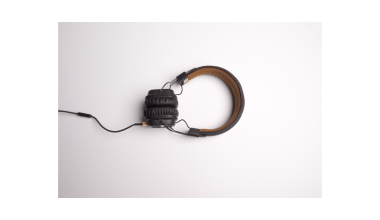Have you ever wondered, “Who owns the song?” Is it the singer, songwriter, or the music producer? The answer isn’t as simple as it might seem, but don’t worry. In this blog, we’ll break it all down in plain English. You don’t need a law degree to understand this!
When you listen to a song, it’s easy to think that the person performing it owns it. But in reality, music ownership is divided among different parties. Let’s explore how it all works, step by step.
Why Does Song Ownership Matter?
Understanding who owns the song is essential for anyone in the music industry. Whether you’re an artist, songwriter, producer, or fan, ownership impacts everything from royalties to credit. Here are a few key reasons why song ownership matters:
- Earning royalties: Owners get paid whenever a song is streamed, performed, or used.
- Credit and recognition: Ownership ensures proper credit is given to those involved.
- Legal protection: Owning music protects it from being used without permission.
If you’re a creator, knowing the rules of ownership can save you a lot of trouble later.
H2: Who Owns the Rights to a Song? Breaking It Down
To fully understand who owns the song, we need to talk about rights. There are usually two types of rights associated with music:
1. The Composition Rights
This refers to the songwriting part of the music—the lyrics and melody. Usually, the songwriter or composer owns this right.
- If a songwriter writes the lyrics and melody, they own the composition rights.
- If multiple people collaborate, the rights are shared.
For example, if two artists write a song together, both get a share of the ownership.
2. The Sound Recording Rights
This right refers to the actual recording of the song, sometimes called the master. This is owned by whoever financed or created the recording.
- Record labels usually own this right because they pay for the recording process.
- Independent artists who fund their recordings own their masters.
Let’s say Taylor Swift records a song under a label. The label owns the master recording unless she negotiates otherwise.
Both composition rights and sound recording rights are separate but equally important. That’s why multiple parties can say they own the same song—just different parts of it.
Songwriting vs. Recording Ownership: What’s the Difference?
To make it easier, let’s look at the two parts of music ownership again:
- Songwriting ownership: Belongs to the person who writes the song.
- Recording ownership: Belongs to whoever records and produces the music.
Example to Understand
Imagine your friend wrote a song, and you sang it in a studio. Here’s how ownership would look:
- Your friend owns the songwriting rights (they wrote the song).
- The studio or record label owns the recording rights (they paid for the recording).
If you and your friend both contributed to the lyrics and music, you both share the songwriting rights.
Important: Knowing this helps artists avoid ownership disputes. When starting a project, decide upfront who will own which part of the song.
What Happens If You Don’t Clarify Song Ownership?
Not understanding who owns the song can create big problems down the road. Here’s what can happen:
- Disputes over royalties: If ownership isn’t clear, people fight over payments.
- Loss of rights: Artists may lose their share of the song without agreements.
- Legal issues: Without clear ownership, someone might misuse the song without permission.
To avoid these issues, always clarify ownership early in the process. Written agreements help ensure everyone gets their fair share.
Who Owns the Song If Multiple People Collaborate?
Collaboration is common in the music world, but it complicates ownership. If multiple people write, record, or produce a song, ownership must be shared properly.
Here’s how it usually works:
- If two songwriters collaborate, they split the composition rights.
- If a record label finances the recording, they own the master rights.
Example
Let’s say a band writes a song together. All members share songwriting credits. If the song is recorded under a label, the label owns the recording.
To avoid confusion, use a split sheet. This document outlines who owns what percentage of the song. For instance:
| Contributor | Contribution | Ownership % |
|---|---|---|
| John (Lyrics) | Wrote 70% of lyrics | 35% |
| Sarah (Melody) | Created melody | 35% |
| Mike (Chorus) | Added chorus | 30% |
A split sheet ensures everyone gets their fair share of the song’s royalties.
What Are Music Royalties, and Who Gets Them?
Once ownership is established, it’s time to talk about royalties. Royalties are payments made to the owners of a song whenever it’s used. But who exactly gets paid?
Types of Music Royalties
- Mechanical Royalties: Paid for physical and digital sales (e.g., CDs, downloads).
- Performance Royalties: Earned when the song is played in public (radio, live shows).
- Sync Royalties: Paid when a song is used in movies, TV, or ads.
- Streaming Royalties: Generated from platforms like Spotify and Apple Music.
Who Gets Paid?
- Songwriters and composers get composition royalties.
- Labels and artists get master royalties (from recordings).
Real-Life Example: Who Owns “Happy Birthday”?
Did you know the song “Happy Birthday to You” was once copyrighted? For years, Warner Music Group claimed ownership and collected royalties. But in 2016, a court ruled the song is public domain, meaning no one owns it anymore!
This shows how important ownership rights are—even for a song everyone knows.
H2: Conclusion: Clarify Who Owns the Song Early
To avoid conflicts and ensure fair payments, always clarify who owns the song. Whether you’re a songwriter, singer, or producer, knowing your rights protects your hard work.
In music, ownership isn’t just about money. It’s about giving credit where it’s due.
Next time you hear a song, you’ll know that multiple people may share ownership—from the songwriter to the label. If you’re creating music, make ownership agreements upfront. It’ll save you headaches in the long run.
For further reading, explore these related articles:
For additional resources on music marketing and distribution, visit DMT Records Private Limited.






